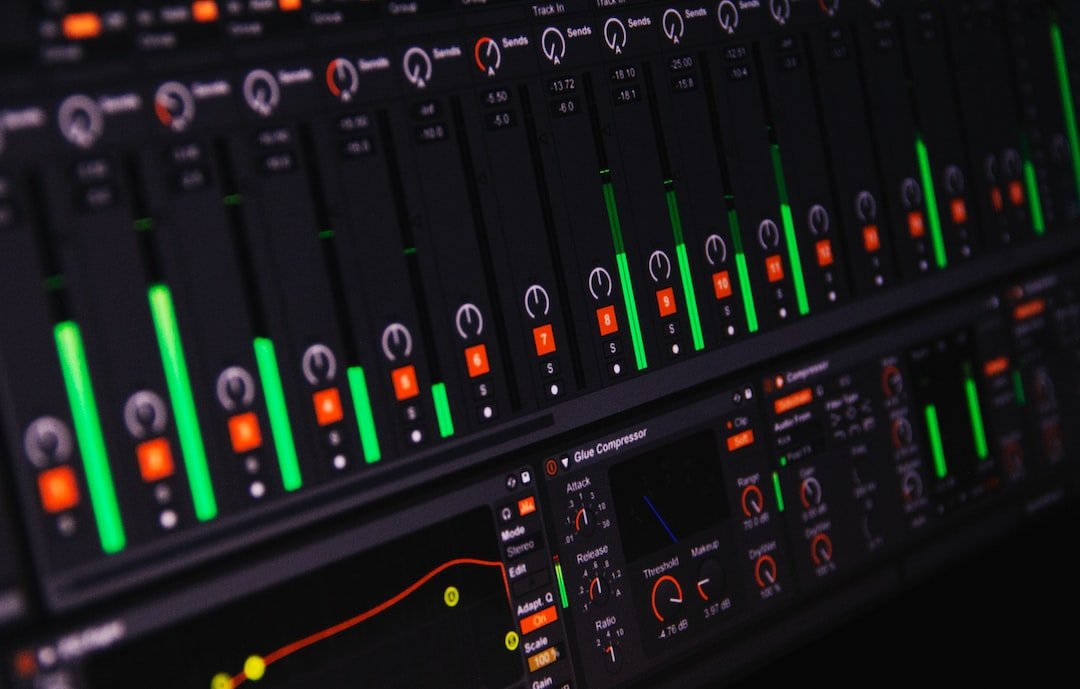The Evolution of Production Technology: Past, Present, and Future
In today’s fast-paced world, the evolution of production technology has drastically shaped the way we live, work, and communicate. From the primitive tools of the past to the high-tech machinery of the present, we continue to witness revolutionary advancements that are reshaping our society. This blog post takes a closer look at the past, present, and future of production technology, exploring how it has evolved and what lies ahead for this ever-evolving field.
The Past: Primitive Tools to Industrial Revolution
The history of production technology can be traced back to ancient times when humans relied on primitive tools such as stones, wood, and animal bones to create basic necessities. This primitive technology limited productivity and innovation, leading to a slow and inefficient production process.
However, significant progress was made during the Industrial Revolution in the 18th and 19th centuries. The invention of the steam engine, along with mechanical looms and tools, paved the way for mass production. Factories were built, and production shifted from manual labor to machine-based operations, marking a significant turning point in the evolution of technology.
The Present: Automation, Robotics, and Digitization
In the present era, production technology has reached unparalleled heights with the advent of automation, robotics, and digitization. Automation has revolutionized the manufacturing industry by reducing human intervention and increasing efficiency and productivity. Industries such as automobile, electronics, and pharmaceuticals have embraced automation to streamline their operations.
Robotics is another cutting-edge development in production technology. Robots have taken over hazardous and repetitive tasks, allowing workers to focus on more complex and creative assignments. From assembly lines to warehouses, these intelligent machines have significantly improved productivity, accuracy, and safety in various industries.
Digitization, on the other hand, has transformed production processes by integrating technology into every aspect of manufacturing. From computer-aided design (CAD) software to advanced manufacturing systems, digitization has expedited prototyping and enhanced precision. Internet of Things (IoT) devices and cloud computing have further optimized production systems by providing real-time data, predictive analysis, and remote monitoring capabilities.
The Future: Industry 4.0 and Beyond
As we look into the future, the evolution of production technology shows no signs of slowing down. The fourth industrial revolution, also known as Industry 4.0, is expected to transform production systems even further. It emphasizes the integration of cyber-physical systems, the Internet of Things, cloud computing, and artificial intelligence.
Industry 4.0 will introduce smart factories that are more connected, autonomous, and intelligent. Machines will communicate and make decisions independently, optimizing production processes and reducing downtime. Predictive maintenance algorithms and machine learning will enable proactive maintenance, minimizing equipment failures and maximizing productivity.
Furthermore, additive manufacturing, commonly known as 3D printing, will play a crucial role in the future of production technology. 3D printing allows the creation of complex and customized products with less waste and faster turnaround time. It has the potential to disrupt traditional manufacturing methods, enabling decentralized production and reducing transportation costs.
Artificial intelligence and machine learning will also drive future innovations in production technology. With advanced algorithms, data analysis, and pattern recognition, AI can optimize production schedules, improve quality control, and identify bottlenecks or inefficiencies. It has the potential to revolutionize supply chain management, forecasting, and resource allocation, enabling companies to make data-driven decisions.
Conclusion
From primitive tools to Industry 4.0, the evolution of production technology has transformed our society and propelled us into the digital age. It has revolutionized manufacturing processes, increased productivity, and created new job opportunities.
The future of production technology promises even greater advancements, with smart factories, 3D printing, artificial intelligence, and more. As we continue to push the boundaries of what is possible, it is essential to embrace these technological revolutions responsibly and ethically, considering their impacts on employment, sustainability, and society as a whole. The future is exciting, and we can’t wait to witness the next chapter in the evolution of production technology.

